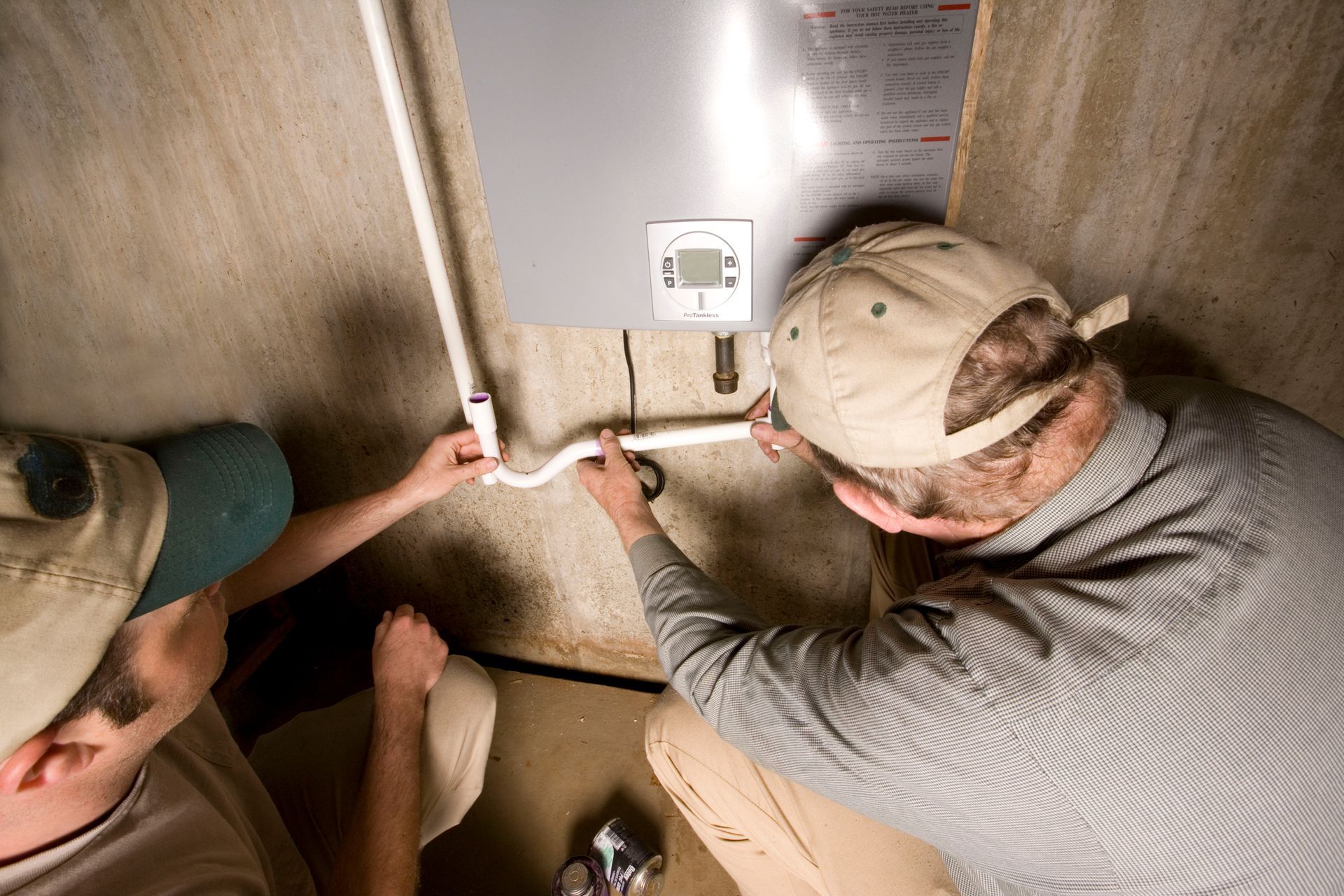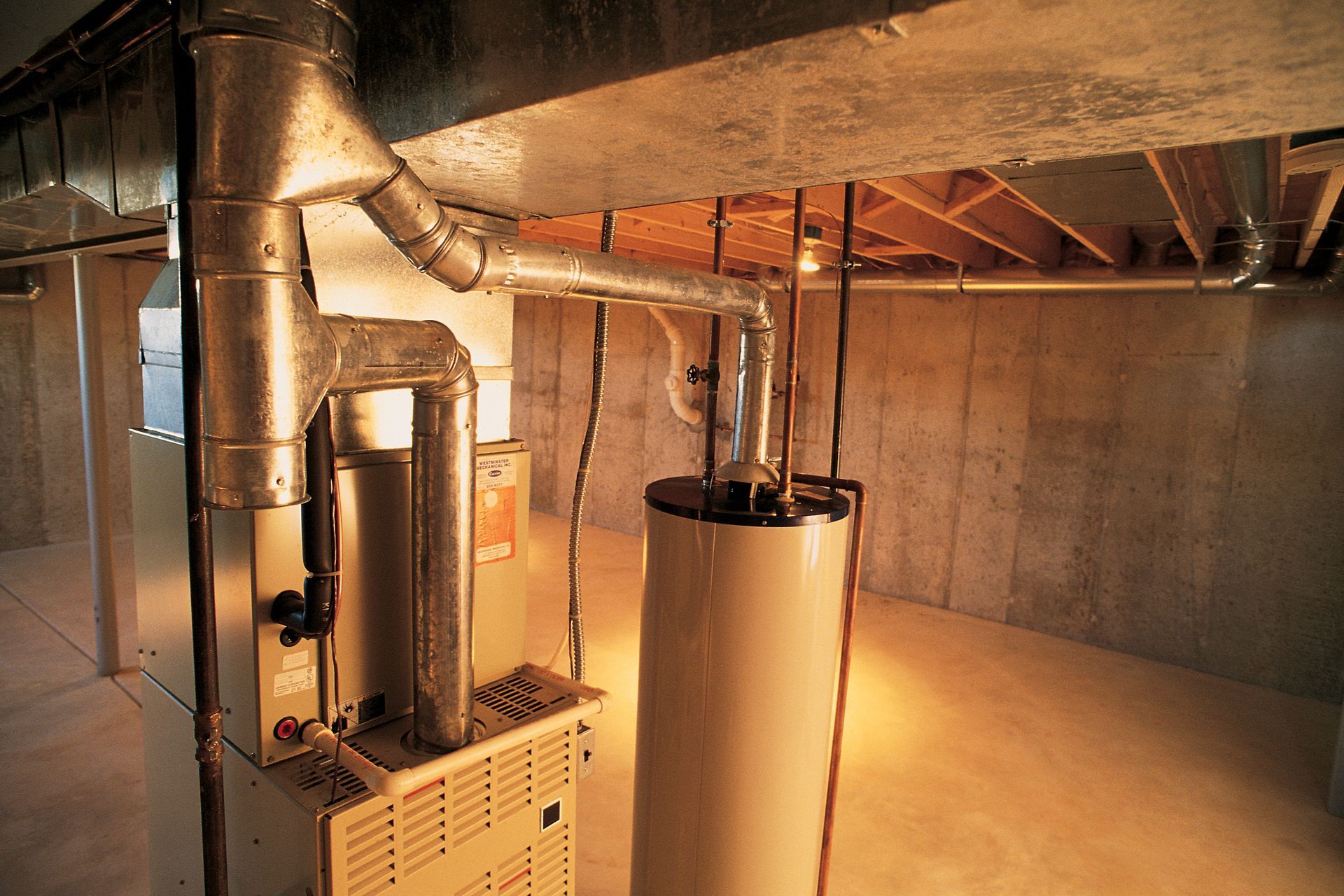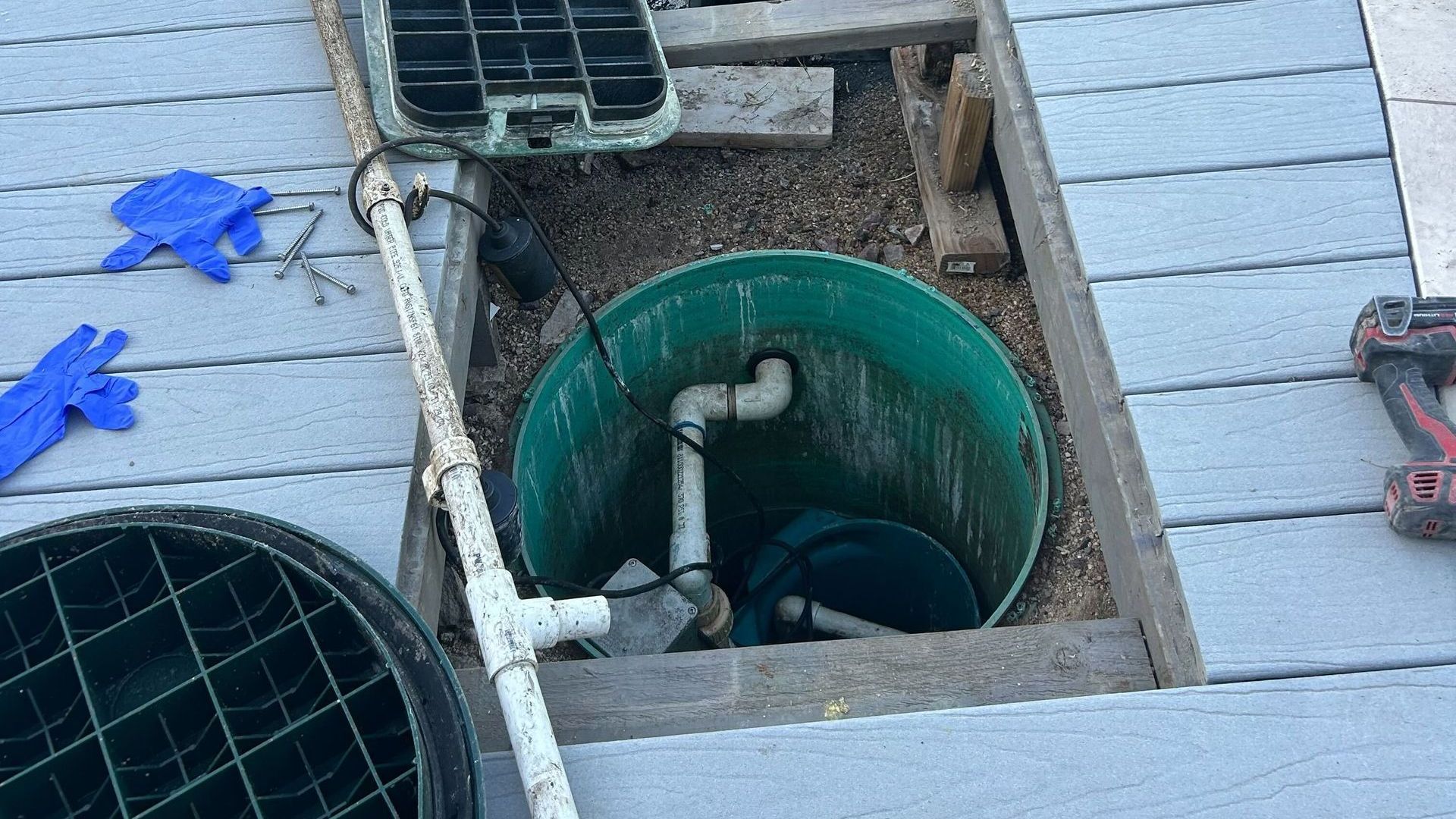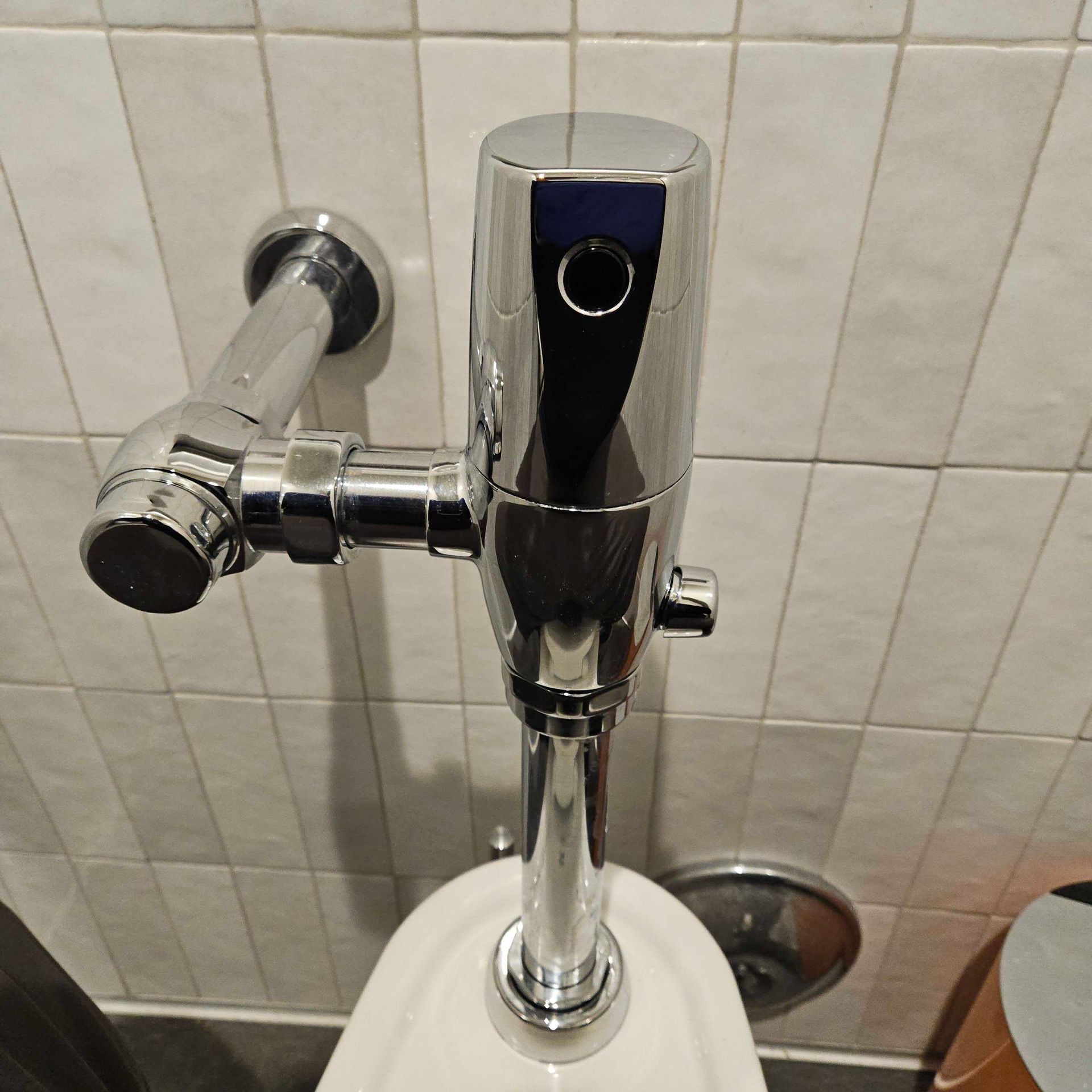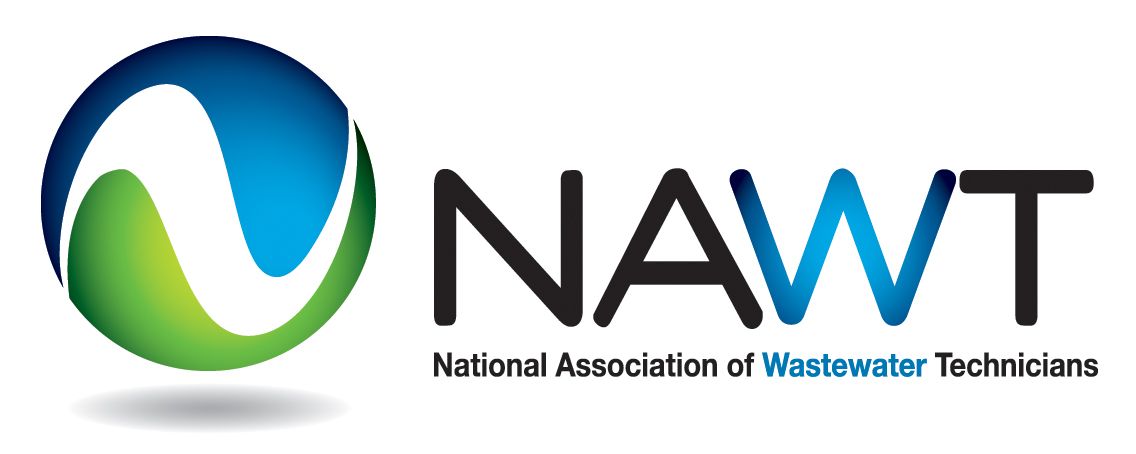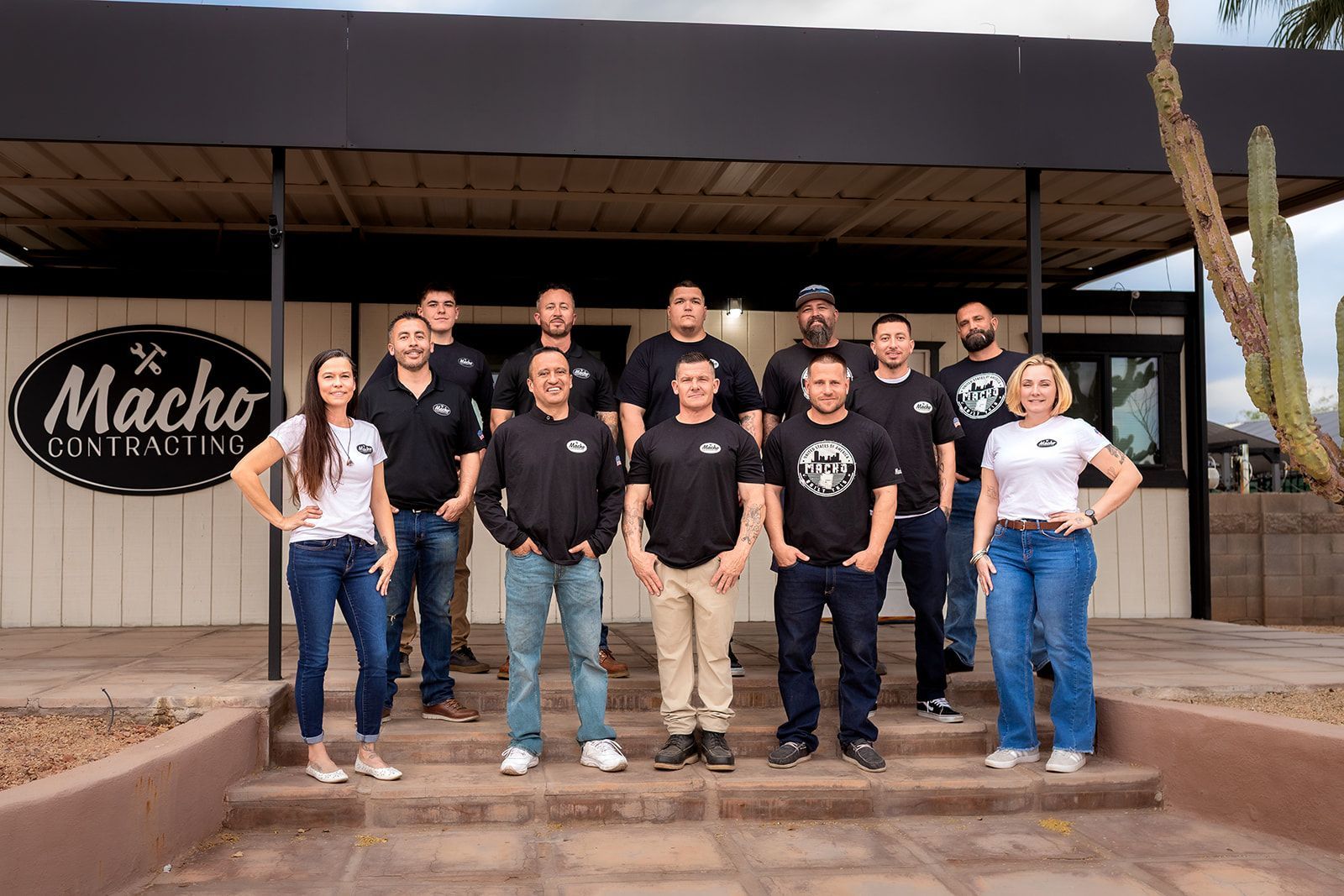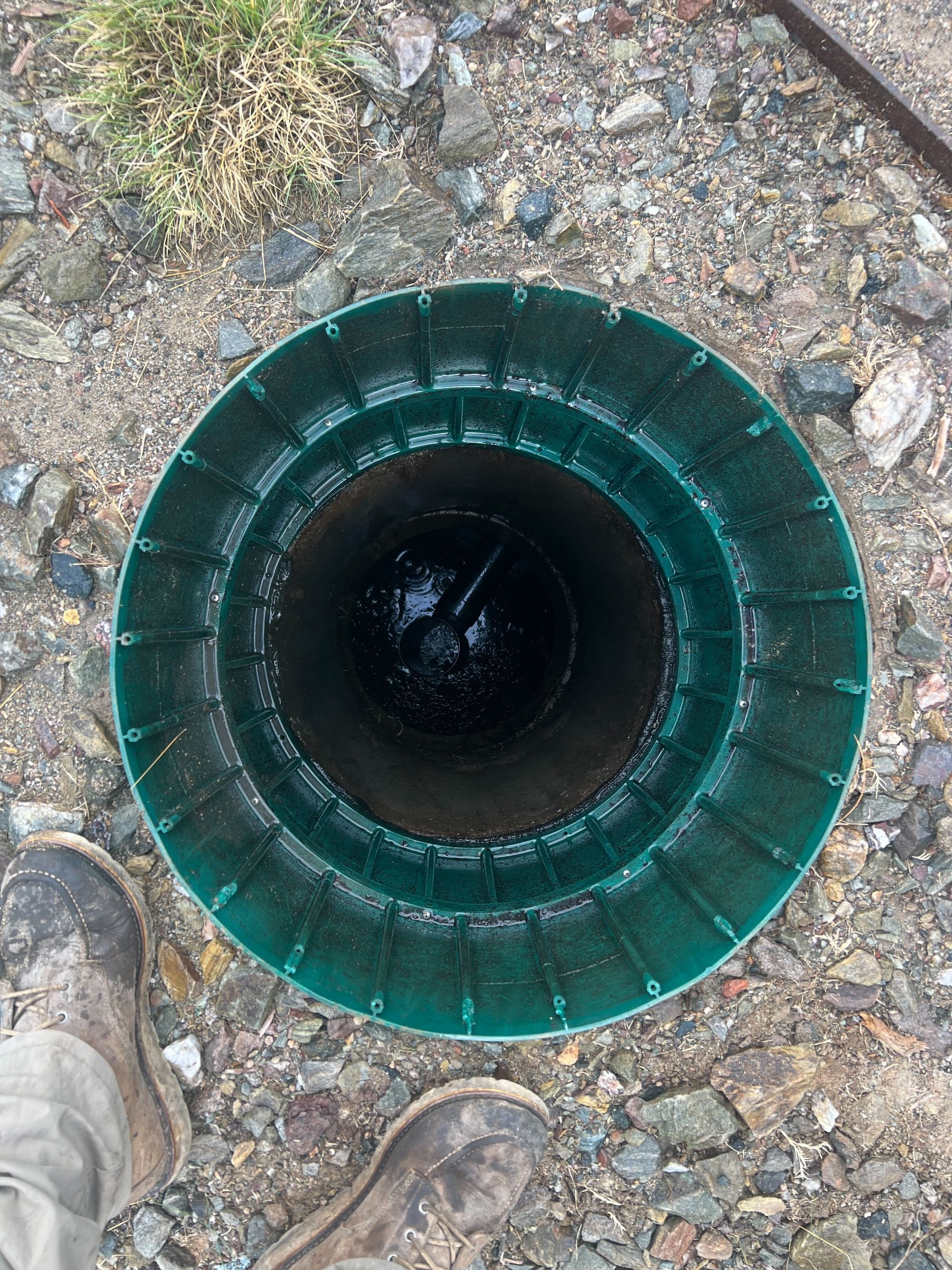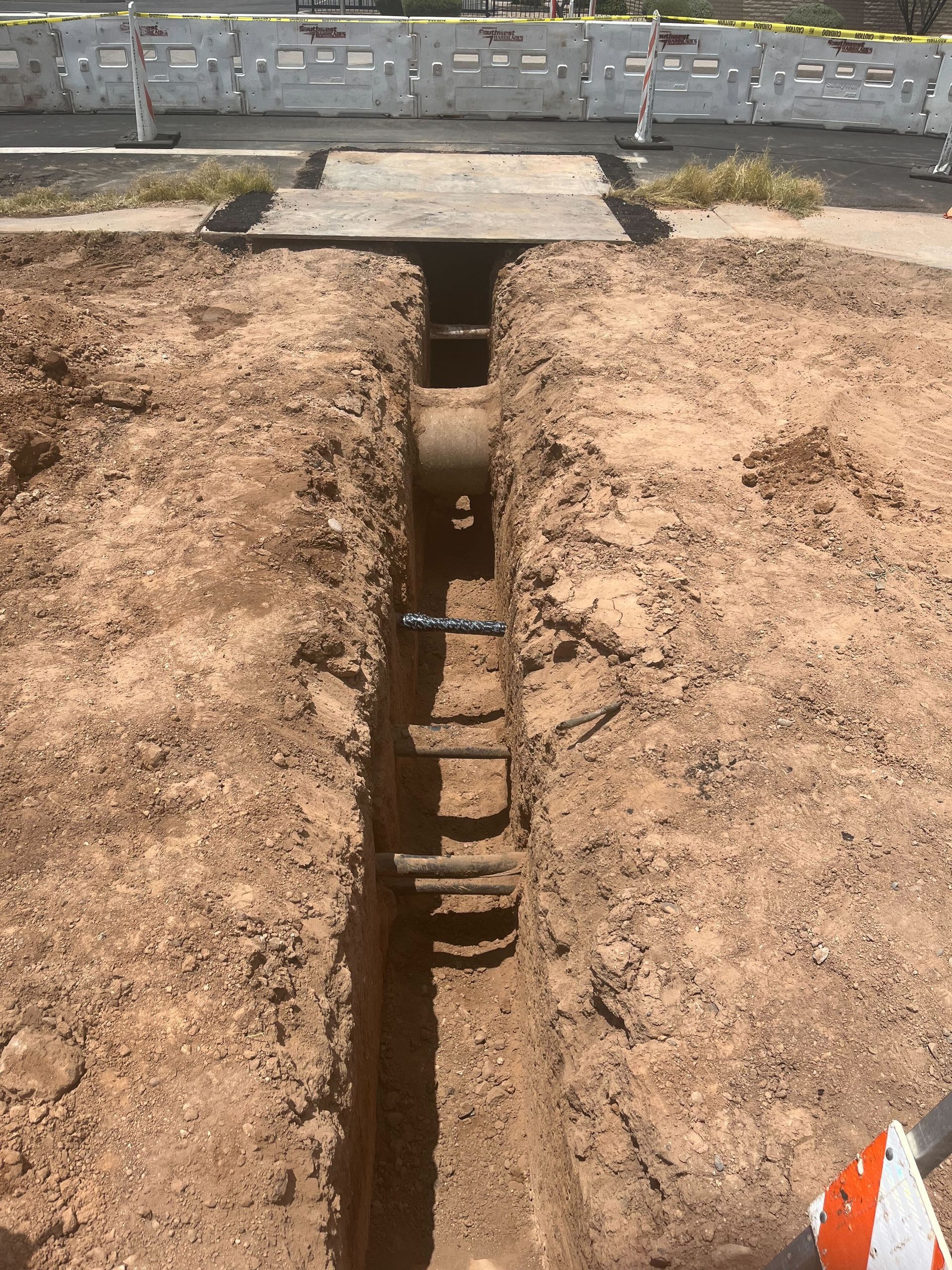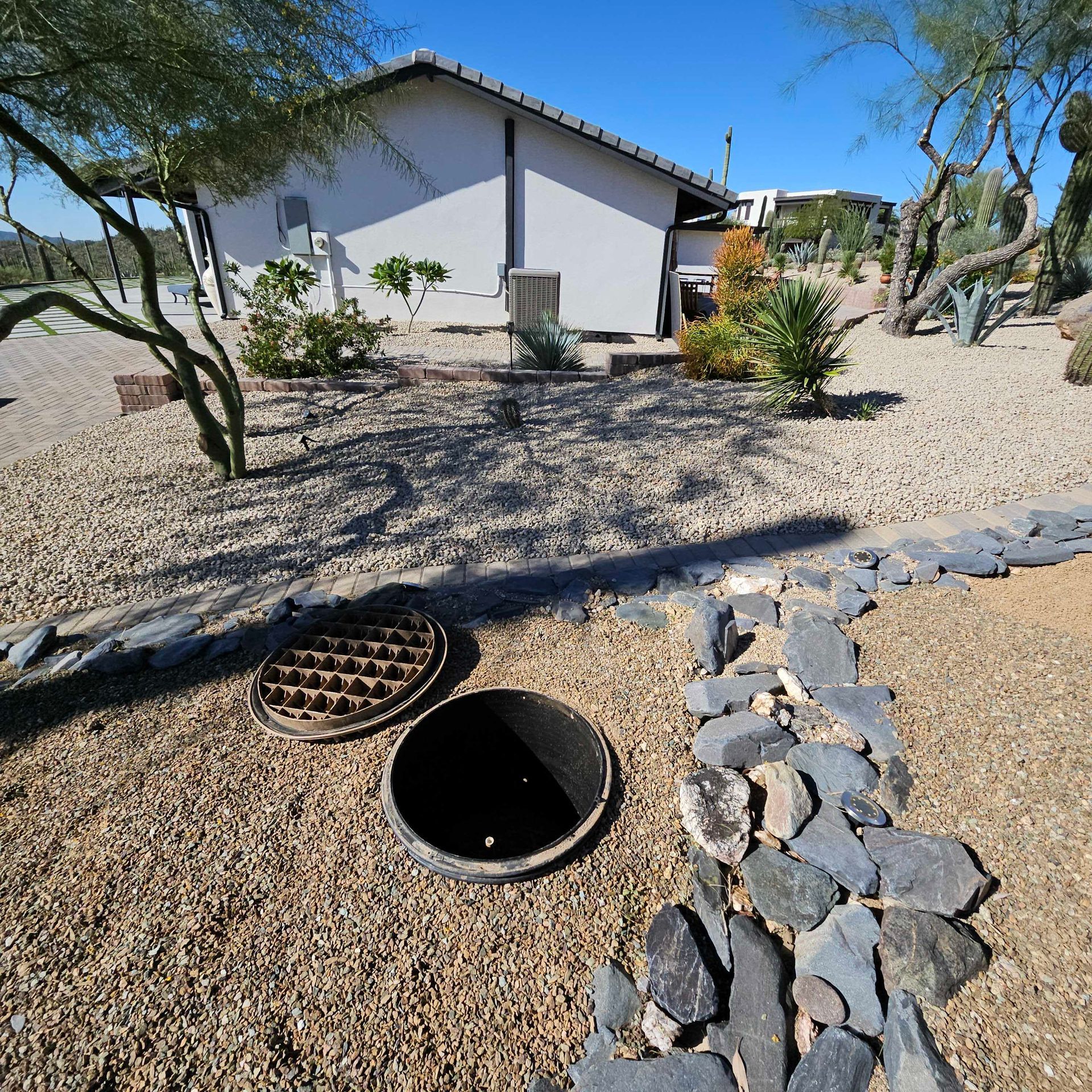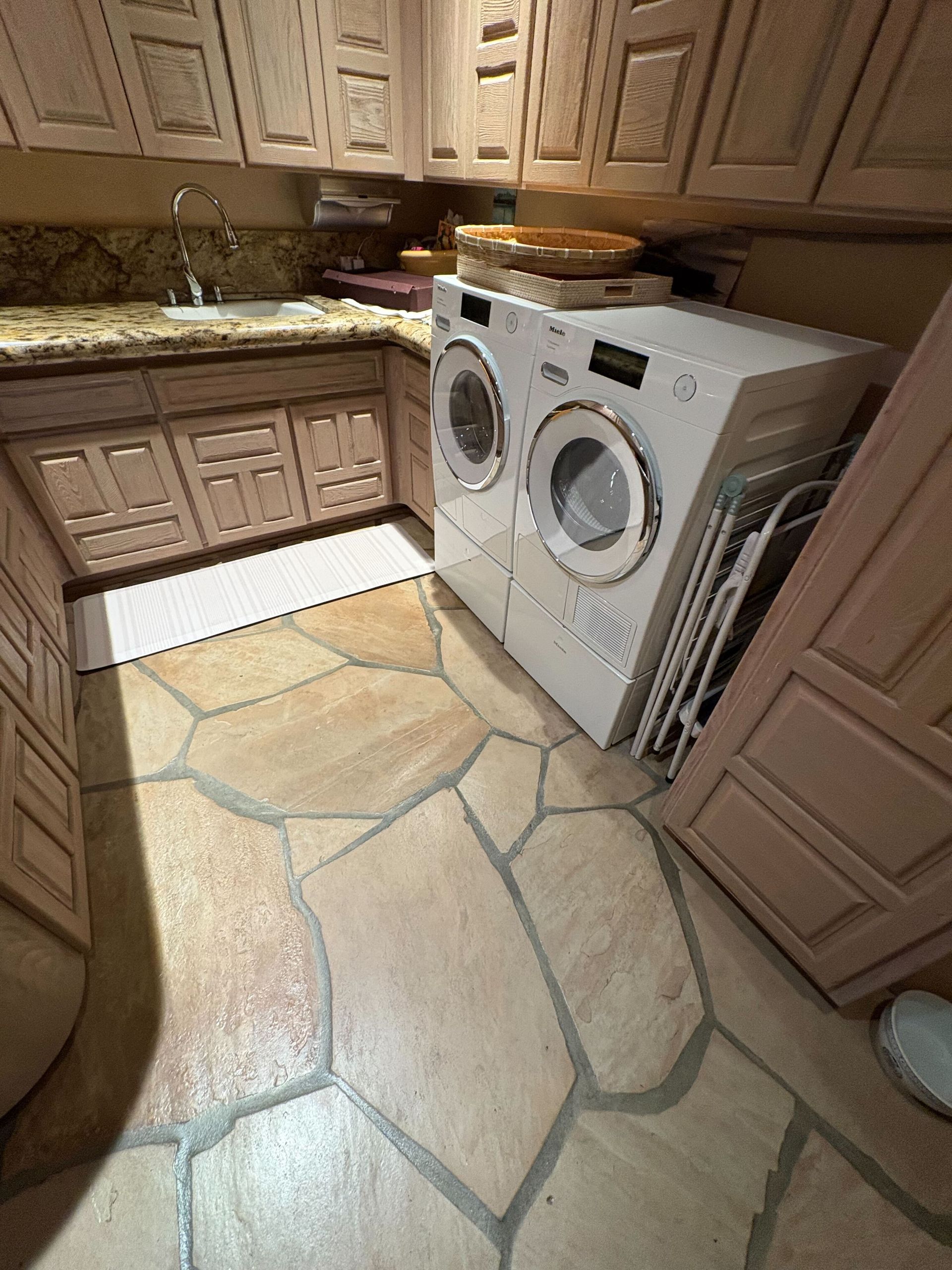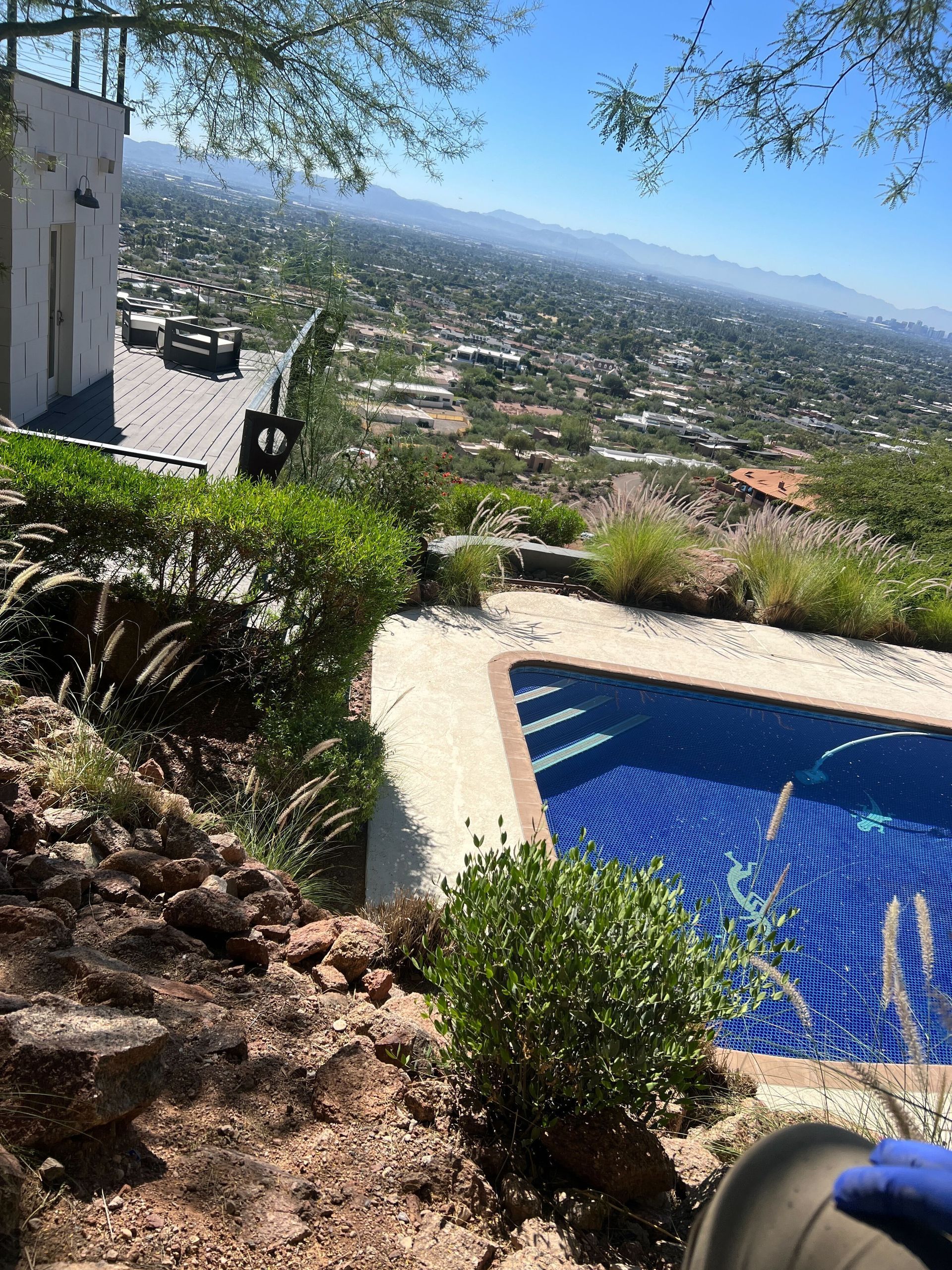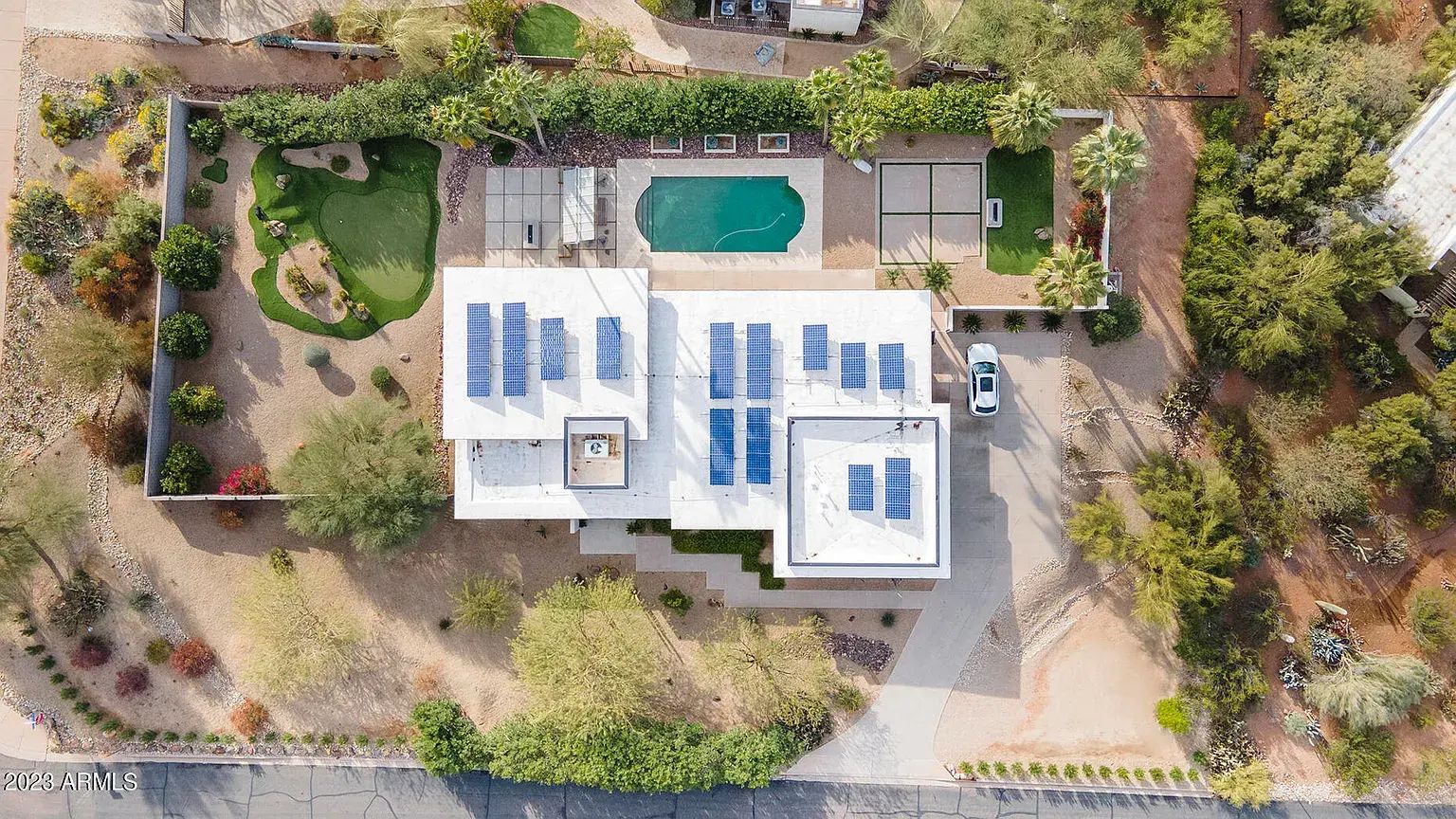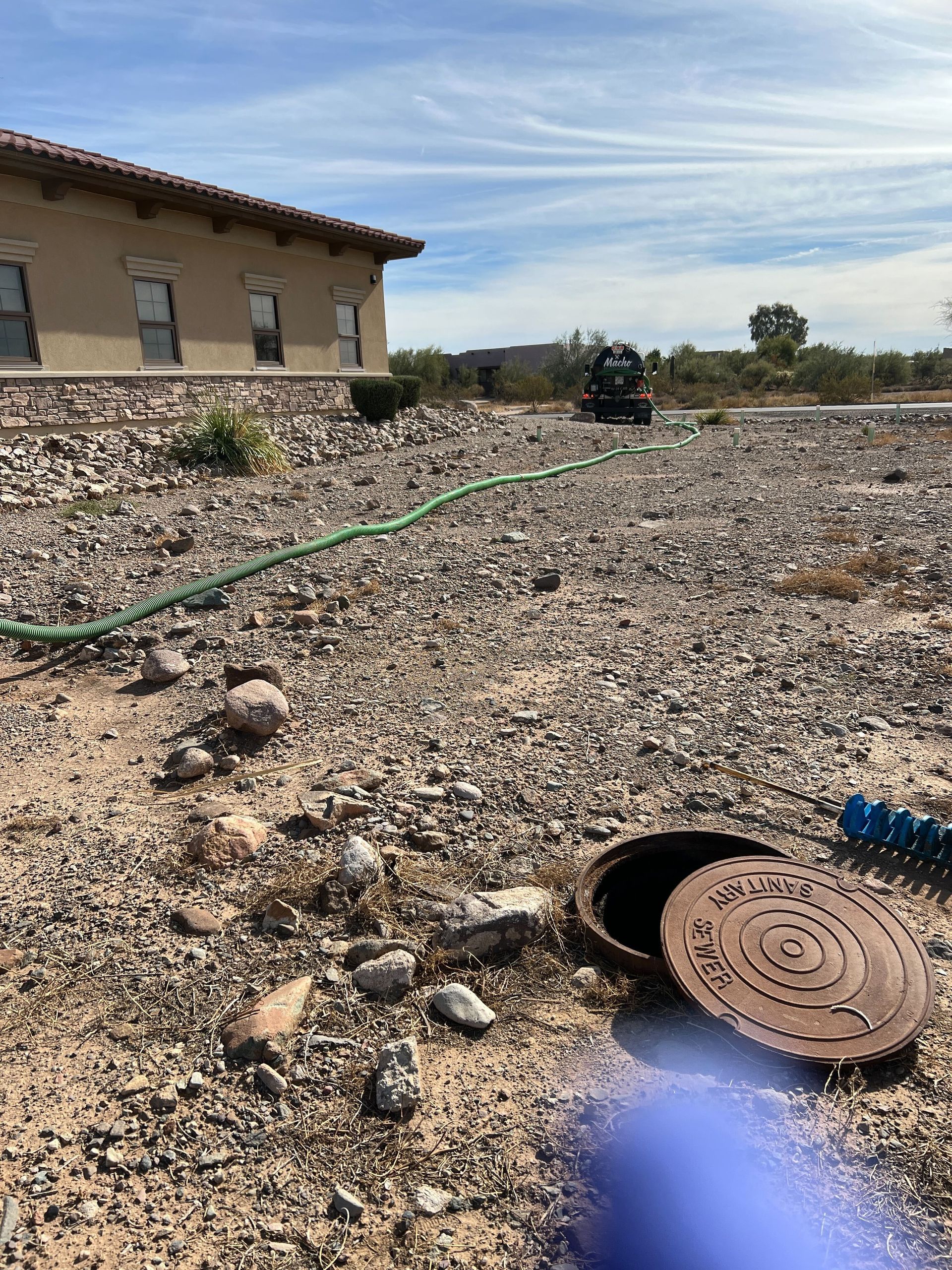September 12, 2025
This guide walks you through everything you need to know about preparing your home for a new water heater installation by a residential plumber. Whether you're replacing an outdated unit or installing one for the first time, taking the right steps beforehand ensures the process is smooth and stress-free. A properly installed water heater can boost your home's comfort, improve energy efficiency, and reduce the risk of costly repairs. With the help of a qualified residential plumber, you can make sure your system is set up to meet your household's hot water needs for years to come.
1. Assessing Your Current Water Heater Setup
Identifying the Type of Water Heater
The first step in preparing for a new water heater is to assess your current setup. Many households in the U.S. have either an electric or gas water heater. Knowing what you currently have can guide your choice of the new unit. If you're unsure, check your utility bills; they can often provide clues about your energy usage. Identifying the type may also identify potential savings on utility costs if you switch to a more efficient model.
Determining the Location
Determining where your current water heater is located will play a crucial role in the installation of the new unit. Ideally, the new water heater should be installed in the same location to minimize plumbing adjustments. However, newer models may require different clearances or venting. Consult with a professional residential plumber, of which there are 128,809 operating in the U.S. as of 2024, according to IBISWorld. They can help you evaluate if the current location satisfies all the necessary codes and requirements.
Checking Current Energy Source Compatibility
Checking the energy source compatibility is another vital step. Whether you currently use electricity, natural gas, or propane, make sure your new water heater is compatible. Switching energy sources may require new wiring or piping, which can increase installation costs and complexity. It's wise to consult with a residential plumber for insights on the viability and benefits of different energy sources. This consideration is crucial to ensure a smooth transition and optimal performance of your new unit.
2. Choosing the Right Water Heater
Exploring Types: Tank vs. Tankless
Choosing the right model involves deciding between tank and tankless water heaters. Traditional tank heaters store hot water, while tankless models heat water on demand. Tankless heaters offer efficiency benefits but may require more significant upfront installation work. Evaluating your hot water requirements and budget can guide your choice between these types. Both types have their merits, so consider consulting a professional residential plumber to help with the decision.
Comparing Energy Efficiency
A critical consideration when selecting a new water heater is energy efficiency. Tankless models typically have better efficiency ratings, but advances in tank technology have narrowed the gap. It is advisable to check the Energy Star rating to compare different models. Over time, even small increases in efficiency can result in substantial energy savings and reduced utility bills. Energy-efficient models might also qualify for rebates, further justifying their up-front cost.
Analyzing Costs and Budget
Cost is another factor that must be considered carefully. Be sure to account for both initial and ongoing costs when selecting a new heater. Tankless models often carry higher initial costs but may save money in the long run. Budget considerations should also include installation costs, which can vary by model and complexity of the installation. Consider all these factors to find a model that fits your budget while providing long-term benefits.
3. Ensuring Safety Precautions
Turning Off Utilities
For safety, utilities such as electricity and gas should be turned off before your residential plumber starts the installation. This precaution minimizes the risk of fire, shock, or explosion during the installation process. Consult the user manual or seek professional help to ensure the correct procedures are followed. Taking shortcuts with safety measures can often lead to unfortunate accidents or increased installation costs. Make safety a priority to protect both the installer and your home.
Handling Old Water Heater Disposal
The disposal of the old water heater requires careful planning. Check local regulations to understand the proper disposal methods for your area. Some cities offer special disposal services that can take away your old water heater. Another option is to hire professionals specializing in HVAC disposal to ensure proper treatment of the old heater. Proper disposal not only meets legal requirements but also contributes to environmental conservation efforts.
Preventing Electrical Hazards
The consequences of electrical hazards during water heater installation can be grave if not addressed properly. Ensuring the electrical system is compatible with the new unit is a vital step. Consult qualified electricians to check that wiring adheres to regulations. An electrical inspection and upgrade might be necessary to prevent awkward retrofitting and ensure functionality. Reliability of the electrical system is as crucial as the hardware of the water heater itself.
4. Executing the Installation Process
Following Manufacturer Guidelines
The installation of the new water heater should strictly adhere to the manufacturer's guidelines. User manuals contain critical steps that can vary depending on the brand and model. Consult these guidelines at every step to avoid voiding the warranty or missing important steps. In most cases, hiring a professional residential plumber ensures adherence to these guidelines. A detailed approach translates to effective performance and enhanced longevity.
Securing the Water Heater
Properly securing the new water heater ensures stable operation and reduces vibrations that can damage connections over time. Your residential plumber may use brackets, especially in earthquake-prone regions, to secure the unit against potential shifts. Ensure that the anchoring is firm but allows for necessary expansion and contraction. If the model includes safety straps, use them to prevent accidents. Precise installation practices contribute to safe and reliable operation.
Connecting to Water Lines
Once secured, the next step is connecting the new water heater to the home's water lines. Your residential plumber will ensure that both cold and hot lines are correctly attached to their corresponding inlets and outlets. They'll also check for any potential leaks after the connectors are tightened. Using thread seal tape can ensure watertight connections. Verifying these connections prevents unnecessary complications after the installation process is complete.
5. Post-Installation Checklist and Maintenance Tips
Inspecting for Leaks
Immediately after installation, conduct a thorough inspection for any signs of leaks around the unit. Check all connections, joints, and surrounding areas for water loss. Addressing leaks promptly can prevent significant water waste and damage to flooring. Minor leaks can often be fixed with adjustments or additional sealing materials. Persistent leaks, however, should prompt consultation with plumbing professionals to ensure long-term effectiveness.
Checking for Proper Operation
Ensure proper operation immediately after the new water heater starts functioning. Check that hot water reaches outlets efficiently and meets the household's temperature expectations. Monitor how the system performs under different usage levels to identify potential issues. This initial assessment allows for early identification and resolution of any problems. Overall, it sets the tone for optimal heater longevity and performance.
Scheduling Regular Maintenance
Maintaining a schedule of regular inspections and tune-ups by a residential plumber can dramatically extend the life of your water heater. Consider annual servicing to clean or replace components prone to wear. Routine maintenance helps catch early warning signs of wear or failure, reducing the need for major repairs. The investment in regular check-ups pays off with time and cost savings over the heater's lifespan. Professional plumbers provide invaluable expertise during these maintenance sessions.
By carefully preparing the home for a new water heater and following the outlined steps, you can ensure a successful installation that maximizes efficiency and longevity. These preparations not only protect your investment but also improve the durability and functionality of the system. If you're looking for a reliable residential plumber, consider Macho Contracting. Contact our team today to learn more!
